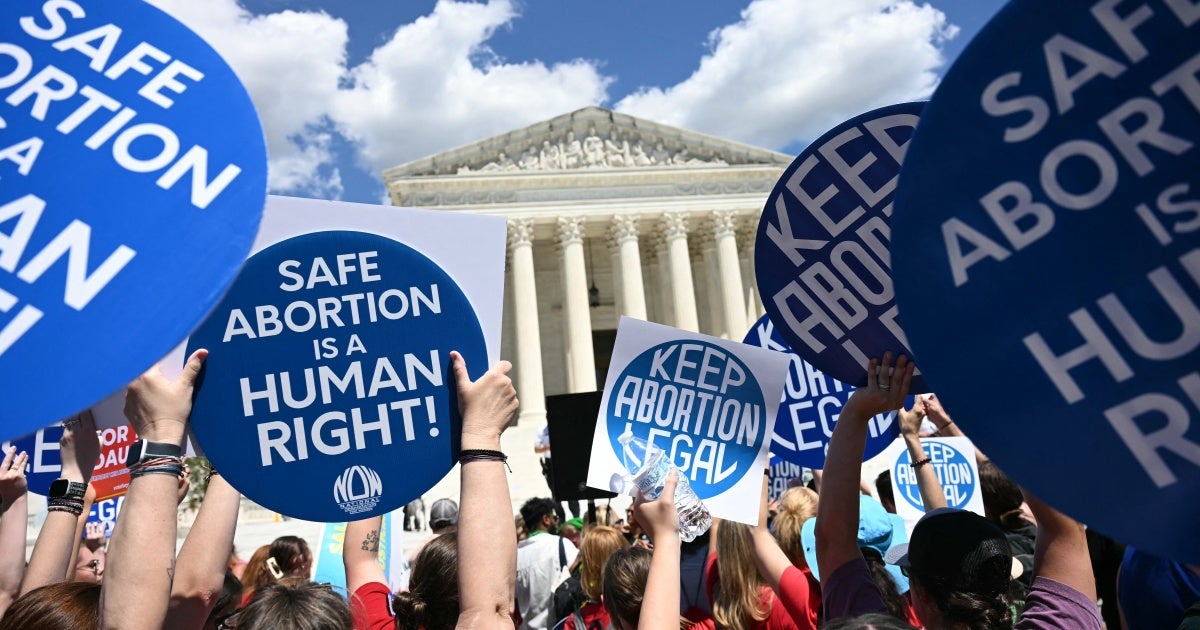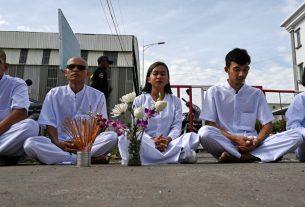A second presidential term for Donald Trump, who appointed three of the Supreme Court justices that eliminated the US constitutional right to abortion, poses a serious threat to reproductive rights and bodily autonomy. This is despite opinion polls showing that 63 percent of people in the US think abortion should be legal in all or most cases.
We cannot know what happens next, but at the state level some things are clear, as voters in 10 states weighed in on abortion-related ballot measures. Outcomes are mixed but reveal mostly wins for reproductive rights, with seven states agreeing to overturn bans or enshrine abortion rights in their constitutions.
In a historic move, Missouri became the first state to reverse a total ban on abortion through Amendment 3.
Voters in Arizona, Colorado, Maryland, Montana, and Nevada voted to enshrine abortion rights in state constitutions. New York voters passed a measure prohibiting discrimination based on “pregnancy, pregnancy outcomes, and reproductive health.”
There were also setbacks.
In Florida, a 57 percent majority voted in favor of abortion rights, but this still fell 3 percent short of the 60 percent needed to amend Florida’s constitution to expand abortion access. In South Dakota, voters rejected an amendment to allow a woman to interrupt a pregnancy during the first trimester, leaving in place one of the country’s most extreme abortion bans, with no exceptions to preserve the health of the pregnant woman or in cases of rape.
Nebraska was the only state with competing constitutional abortion amendments on the ballot. The initiative that won prohibits abortions after the first trimester, except for medical emergencies, rape, or incest. Additionally, the law makes it a felony for doctors to administer or procure an abortion.
The defeats in South Dakota, Florida, and Nebraska leave millions of women and girls, and other people without access to health care essential for their human rights. These initiatives will have a chilling effect on health workers, some of whom will leave states where they could be at risk of prosecution for providing health care, including to people experiencing medical emergencies.
Access to abortion is part of the rights to life, privacy, health, and integrity of every person. But in the US, access depends on who you are and where you live. The past 24 hours have illustrated yet again that the right to access abortion is both supported, and is at deep risk.



